Indian police detain more students over Modi controversial documentary screenings
University students across India are either being suspended or being detained by the police, over the screening of a BBC documentary on Prime Minister Narendra Modi’s alleged role during the deadly Gujarat sectarian riots in 2002, as India continues to stop even the personal viewing of the documentary.
In one of the several similar incidents, police forces swarmed the Delhi University campus, after student groups supportive of Modi’s Bharatiya Janata Party (BJP) objected to the screening the students had planned to organize within the premises, that led to 24 students being detained and many being manhandled.
Protests erupted at DU on Friday over the police crackdown on students to watch the controversial documentary.
Similar disruptions and protests have been reported from universities across the country since the first episode of the two-part documentary was aired last week on BBC-2 in the UK, which the Indian government has called a piece of “propaganda”.
Meanwhile, in a letter to the Vice Chancellor, the People's Union for Civil Liberties (PUCL) voiced concern over the suspension of at least 11 students for watching the documentary at the Central University of Rajasthan.
“The question of individual viewing on mobiles is a private matter and comes within the right to privacy of the students,” PUCL’s Kavita Srivastava and Anant Bhatnagar stated in the letter as it further read that, “there is NO BAN on WATCHING the film in India and no other order to that effect has been issued by any authority to date.”
According to sources, on Thursday, some students were watching the documentary on their personal mobile phones, after which the ABVP students, the student wing of Hindutva militant group RSS, tried to disrupt them by raising JSR slogans, and later posted a list of 24 students who watched the documentary, demanding strict action against them.
In Mumbai, dozens of BJP workers carrying BJP flags along with Indian flags raised slogans of “Desh ke gaddaro ko, goli maro saalo ko” (shoot the traitors of the country) as they marched towards the Tata Institute of Social Sciences campus, after PSF-TISS, a left collective said they will screen the documentary on campus.
The Modi government is trying its best to stop the public screening and even a private viewing of the controversial documentary that reveals an inquiry done by the UK government after the 2002 Gujarat riots also claimed the lives of British citizens, along with killing at least 2,000 people, mostly Muslims.
The documentary blames the then Chief Minister, Modi, as the main culprit behind the escalating of the riots, as it was Modi who did not give the orders of police interference to stop the riots, according to the documentary.
In the meantime, an investigation team, appointed by the Supreme Court of India to investigate the role of Modi and others in the riots, said in 2012 it did not find any evidence to prosecute him.
Ever since the Modi government came to power in 2014, press freedom in India has declined and has fallen eight places to 150 out of 180 countries in last year’s Press Freedom Index published by Reporters Without Borders.
Reporters Without Borders accuses Modi’s government of silencing criticism on social media, particularly on Twitter.
On Friday, the Union government formed a Three Grievance Appellate Committees which will have control over the content moderation decisions taken by social media platforms in India.
With the formation of the panel, if social media users are not satisfied with the decision of a social media platform to remove or moderate any content, they could now file an appeal with these panels.
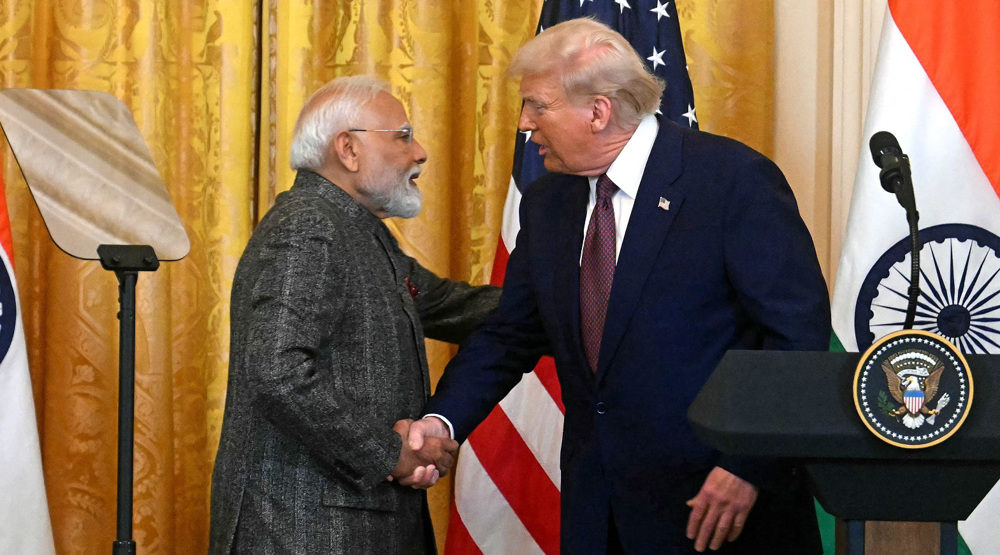
China warns US, India after Trump surge in arms sales to New Delhi
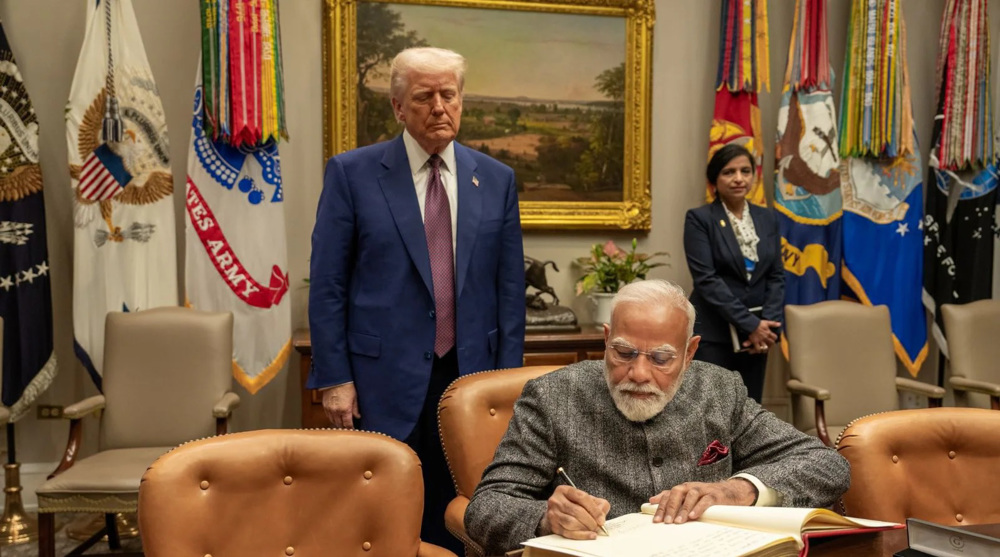
Trump says US to dramatically increase military sales to India, including F-35 jets
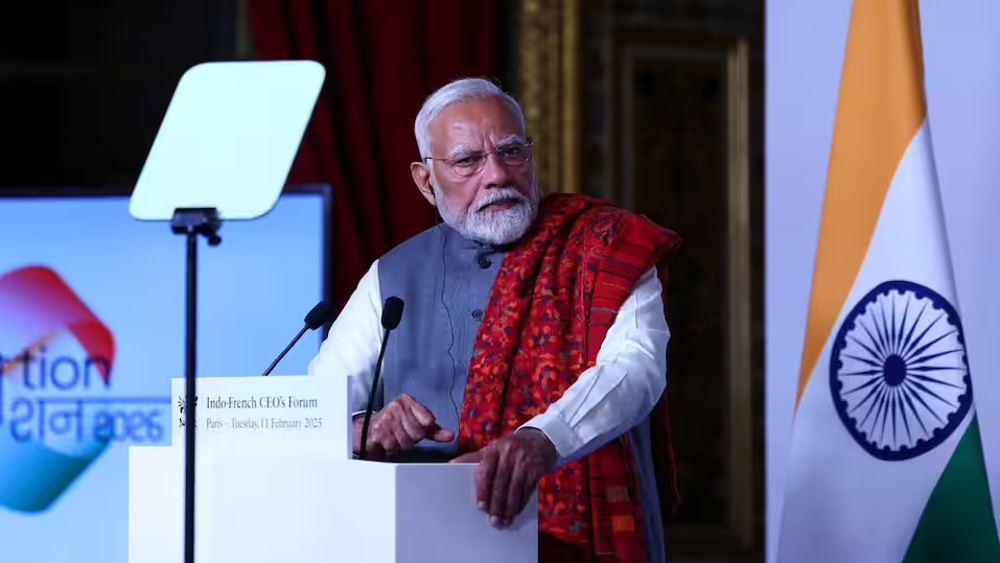
India's Modi heads to US to defuse Trump’s trade war
VIDEO | Bahraini mourners hold symbolic funeral procession for late Hezbollah leader
VIDEO | Trump's plan for Gaza
Iran’s foreign minister, parliament speaker to attend Nasrallah's funeral
Iran: Russian FM due in Tehran in coming days for key talks
Electronic Intifada director’s violent arrest and MI6 infiltration into ‘neutral’ Switzerland
‘Nothing short of Kafkaesque’: Netizens react to arrest of pro-Palestine activist in Canada
'Enemy is wicked': 17-year-old Lebanese pager victim on life after losing eyes
Geothermal is Iran’s other potential energy game-changer


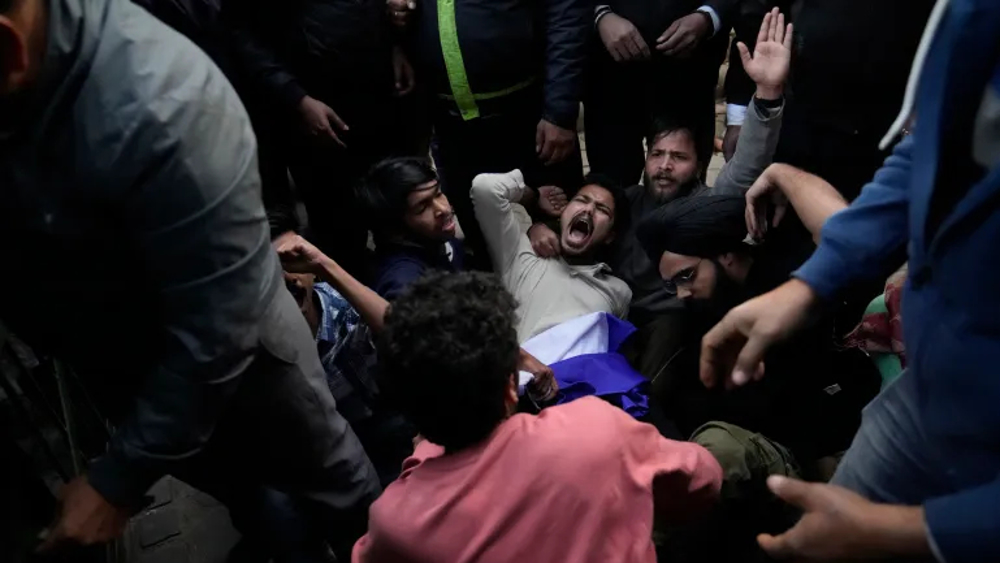
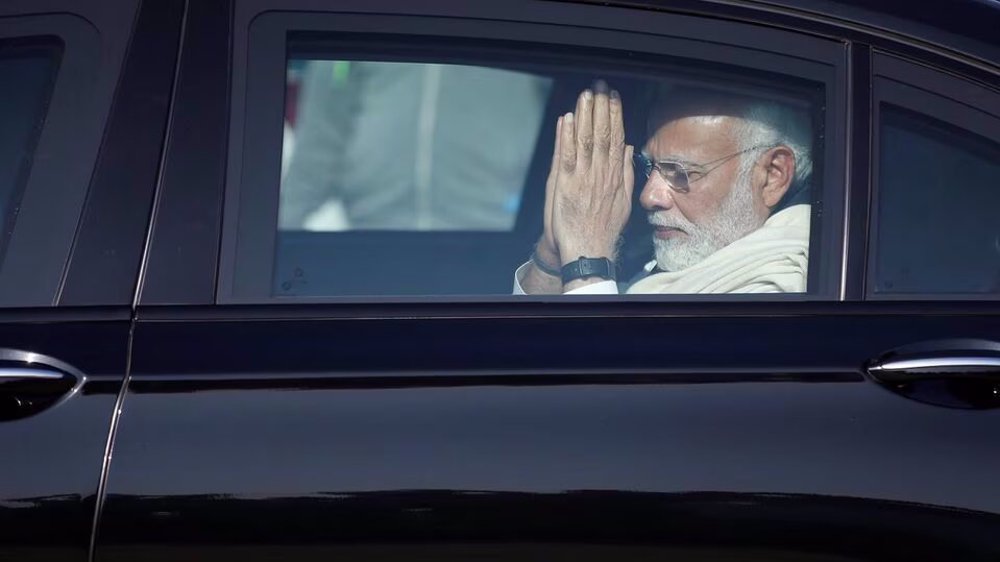



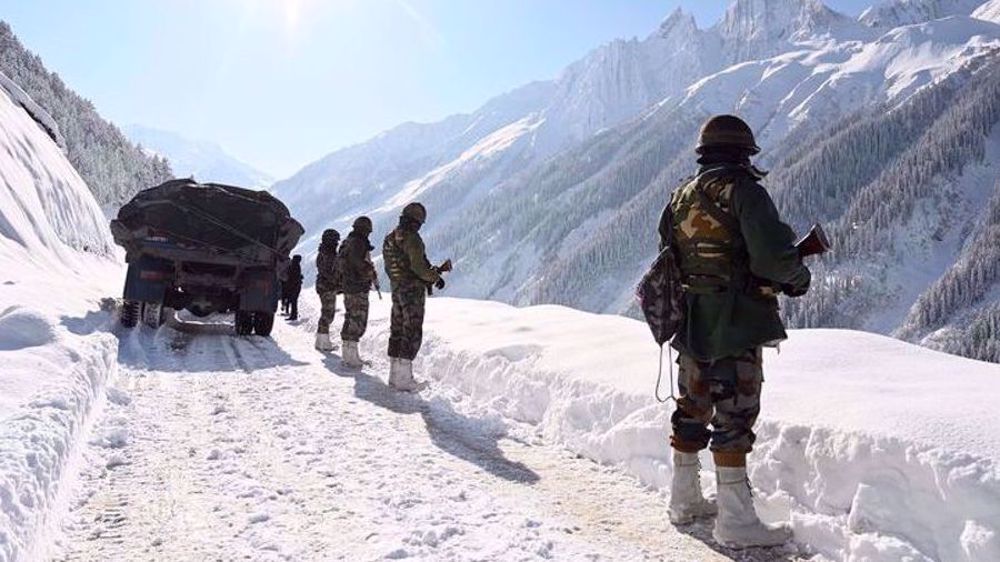
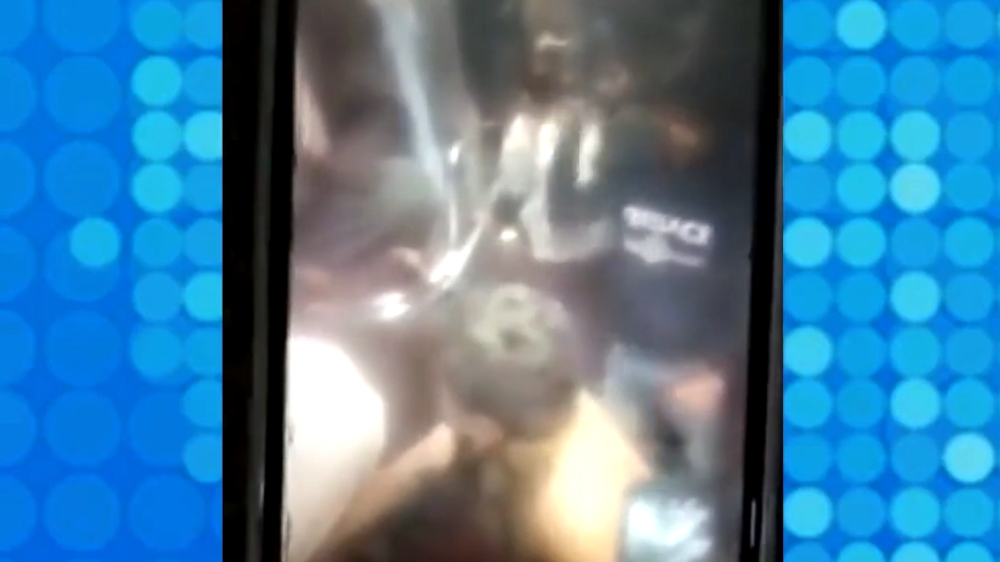
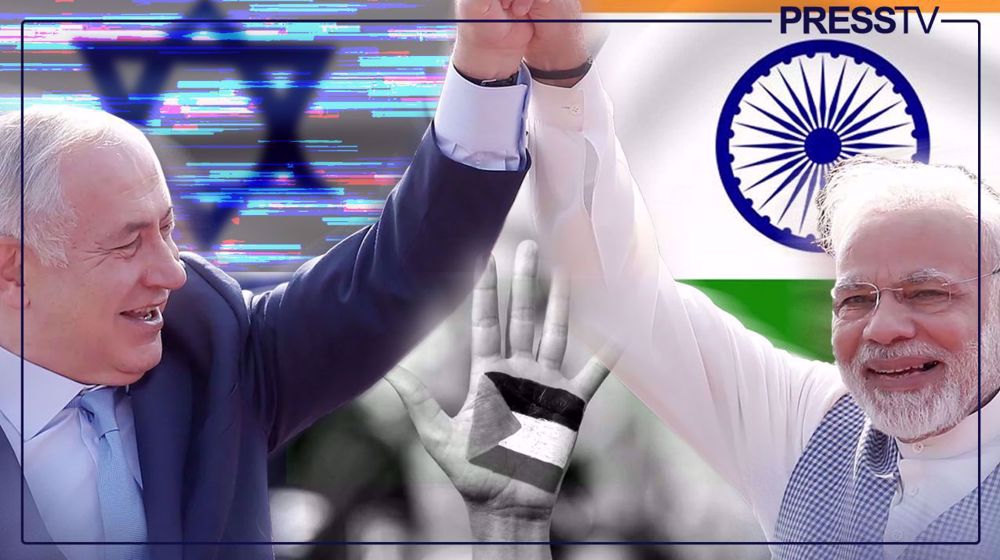

 This makes it easy to access the Press TV website
This makes it easy to access the Press TV website